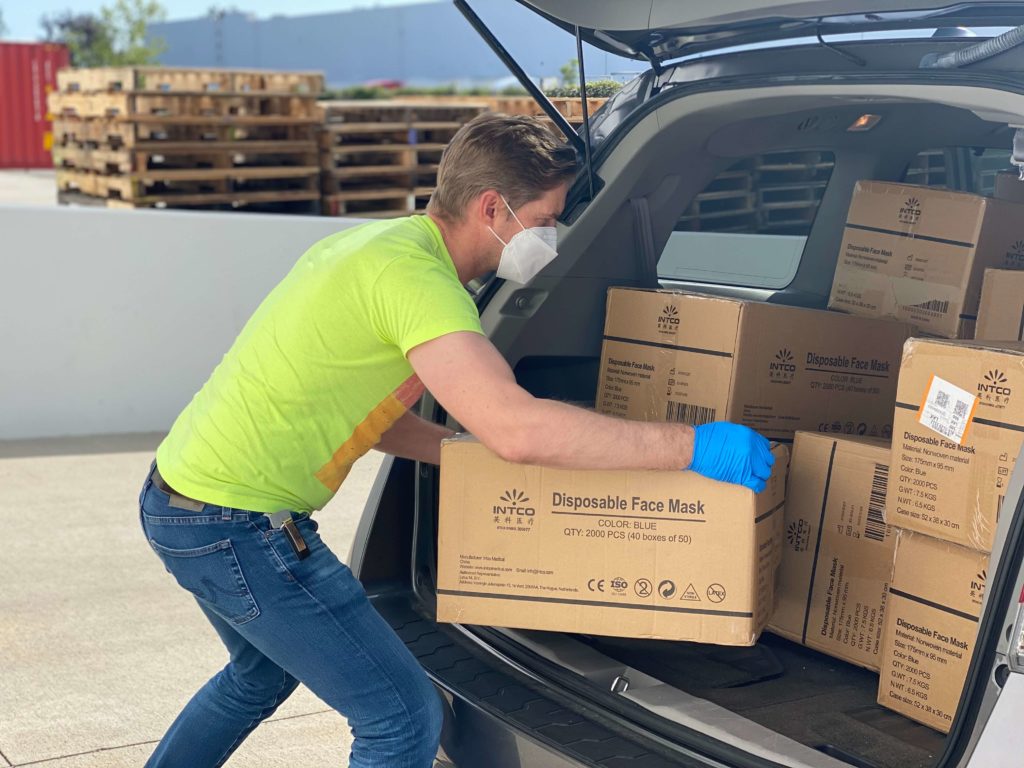
Written by Alex Brickey OTR/L
Occupational therapy establishes a client-centered treatment approach during the initial evaluation for patients to return to work safely.
It was a normal Friday at work and your supervisor asked you to go get a box of copy paper to place on the shelf in the printing room to be ready for next week. You are excited to get all your work completed so you can enjoy the weekend playing with your dog, hiking, and relaxing. You place the box on the shelf and as you release your hand from the box the shelf suddenly falls down and the 50 pound box lands on you forearm putting your wrist in a position it has never been before. Ouch!!!
You fractured your wrist.
How could this happen? It was a simple task, but it resulted in a big issue with a lot of pain. Since it occurred at work within your job description, you now have to go through the process of workers’ compensation. This is a new process with a lot of hoops to jump through.
It has been a few weeks of being off work, in pain, and you’re continuing to experience difficulty grasping with your hand, and bending your wrist. As you speak with your case manager to schedule all your appointments, you realize that the “outcome” you want is to have your wrist healed and get back to work without limitations or pain.
How can occupational therapy help accomplish this “outcome”?
Occupational therapy establishes a client-centered treatment approach during the initial evaluation in order for the patient to return to work safely and achieve this outcome. This approach focuses on specific work tasks the patient needs to complete and utilizes outcome measures to demonstrate the progress the patient makes as a result. Occupational therapists are trained in analyzing functional movement and developing treatments that are directly related to these motions. Occupational therapists provide a holistic approach for their patients to help them perform their daily tasks safely and with as much independence as possible.
Treatments and Intervention
Occupational therapy intervention includes many types of therapeutic activities, exercises, and ADL specific tasks to achieve the desired outcome. However, when considering the work comp case, intervention should include evidenced-based treatment to ensure a safe return to work.
The main focus for workers’ compensation is return to work safely. Therefore, it is the therapists’ responsibility to ensure the patient demonstrates good body mechanics during all motion to minimize the potential for another injury. Treatment should focus on work specific tasks known as work specificity.
For example, a person works for a delivery company loading packages onto shelves and pallets. Treatment for this individual would include these lifting activities or simulated activities to ensure they are able to perform them safely and effectively. It is important to note that early on in the beginning of treatment the patient may have limitations or restrictions set by the physician that must be followed. The patient will most likely not be able to lift items during this time to meet the physical demand level needed for their job. This means the patient will be treated with other evidenced-based treatment such as range of motion exercises, strengthening exercises, and other modalities as needed.
From that moment, the therapist should then progress to work specific tasks within the precautions/contraindications of the diagnosis. Treatment should be progressive as tolerated and actively moving toward return to work.
How can outcomes be measured? FOTO
How can this be measured? Focus On Therapeutic Outcomes (FOTO) is an assessment tool which allows the patient to report their functional outcomes. It also allows the patient and therapist to track progress and see where the patient reports function from the day of the evaluation to present. Furthermore, it gives perspective on diagnosis specific information which creates a more detailed measurement of patient reported function. It is easy to use and takes just a few minutes to complete.
Learn more about FOTO by visiting their website at https://fotoinc.com.
